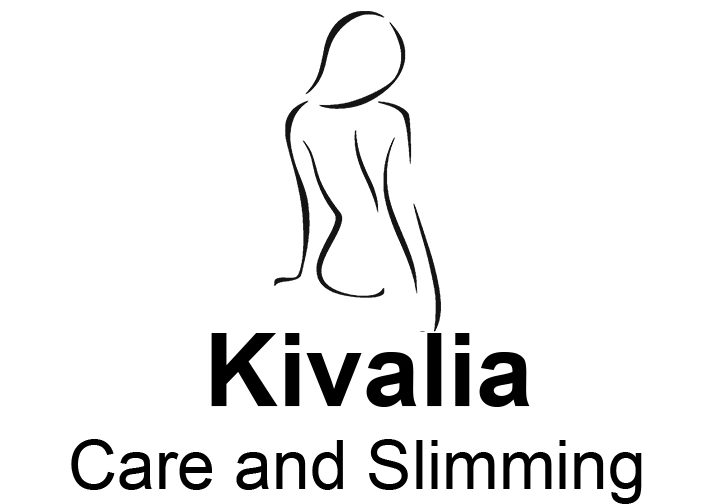Weight Loss in Malta: Achieving a Healthy Weight through Lifestyle Changes

Weight loss is a significant concern in modern society, as obesity and overweight issues continue to rise globally, including in Malta. Excess weight can lead to a range of health problems, such as cardiovascular diseases, diabetes, and metabolic disorders. However, it is important to understand that weight loss should not be solely focused on aesthetics but should primarily aim to improve overall health and well-being. This article will explore the key factors related to weight loss, including physical activity, diet, and lifestyle changes, in the context of Malta.
The Prevalence of Obesity and Overweight in Malta
Obesity and overweight have become major public health concerns in Malta. According to the World Health Organization (WHO), the prevalence of obesity in Malta has been steadily increasing over the past decade. In 2020, it was estimated that 26% of Maltese adults were obese, while 65% were overweight or obese. The rise in obesity rates can be attributed to several factors, including sedentary lifestyles, poor dietary choices, and a lack of awareness about the importance of maintaining a healthy weight.
Understanding Weight Loss
To effectively address the issue of obesity and overweight, it is crucial to understand the concept of weight loss. Weight loss refers to the process of reducing body mass, particularly excess fat, to achieve a healthy weight. It can be achieved through a combination of various factors, including calorie control, increased physical activity, and lifestyle modifications.
Physical Activity for Weight Loss
Physical activity plays a crucial role in weight loss by increasing energy expenditure and promoting fat burning. Regular exercise not only helps in shedding excess weight but also improves overall cardiovascular health and muscle mass. Engaging in activities such as walking, jogging, cycling, swimming, or participating in sports can significantly contribute to weight loss efforts. It is recommended that adults engage in at least 150 minutes of moderate-intensity aerobic activity per week to maintain a healthy weight.
Dietary Considerations for Weight Loss
In addition to physical activity, dietary choices are vital for successful weight loss. Caloric intake must be balanced with energy expenditure to achieve a calorie deficit, which is essential for weight loss. A well-rounded diet should include a variety of nutrient-rich foods, such as fruits, vegetables, whole grains, lean proteins, and healthy fats. Additionally, portion control and mindful eating can help prevent overeating and promote a healthier relationship with food.
The Role of Macronutrients in Weight Loss
Macronutrients, including carbohydrates, proteins, and fats, play a significant role in weight loss. Carbohydrates are the body’s primary source of energy, but excessive consumption of refined carbohydrates can lead to weight gain. Choosing complex carbohydrates, such as whole grains, legumes, and vegetables, over simple sugars can help maintain stable blood sugar levels and promote weight loss.
Proteins are essential for building and repairing tissues, including muscles, and can also aid in weight loss. High-protein diets can help control appetite, increase satiety, and preserve muscle mass during weight loss. Good sources of protein include lean meats, poultry, fish, eggs, dairy products, and plant-based options like legumes, tofu, and tempeh.
While fats have a higher caloric content than carbohydrates and proteins, they are still necessary for a balanced diet. However, it is important to choose healthy fats, such as those found in avocados, nuts, seeds, and olive oil, while minimizing the consumption of saturated and trans fats found in processed foods, fried items, and pastries.
Professional Guidance from a Dietitian
For individuals struggling with weight loss, seeking guidance from a registered dietitian can be highly beneficial. A dietitian can provide personalized advice and create a tailored meal plan to help individuals reach their weight loss goals. They can also address specific dietary concerns, such as cholesterol levels, metabolic disorders, and insulin resistance, providing a comprehensive approach to weight management.
Monitoring Progress: Beyond the Scale
When focusing on weight loss, it is important to remember that progress is not solely determined by the number on the scale. Monitoring other indicators, such as body mass index (BMI), waist circumference, and body fat percentage, can provide a more comprehensive understanding of one’s overall health. These measurements can help track changes in body composition and identify improvements in fat loss, muscle gain, and overall well-being.
Lifestyle Changes for Sustainable Results
To achieve sustainable weight loss, it is essential to adopt healthy lifestyle changes that extend beyond short-term diets. Making small, realistic changes to daily routines, such as incorporating physical activity, cooking nutritious meals at home, managing stress levels, and getting enough sleep, can greatly contribute to long-term weight management. It is important to cultivate a positive mindset and view weight loss as a journey toward improved health rather than a quick fix.
Conclusion
The prevalence of overweight and obesity in Malta demands immediate attention and concerted efforts from individuals, communities, and policymakers. Weight loss should be approached holistically, with a focus on overall health improvement rather than solely on aesthetics. By combining regular physical activity, a balanced diet, professional guidance from dietitians, and sustainable lifestyle changes, individuals can achieve and maintain a healthy weight in Malta, leading to better overall well-being and a reduced risk of chronic diseases.
